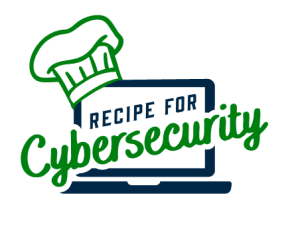LLCC’s cybersecurity awareness training program for the 2024-2025 training year with Infosec IQ runs through Nov. 30.
The training will include four short training videos and assessments. During the campaign, a series of simulated phishing emails will also be sent out. The courses in the fall module include social engineering, multi-factor authentication, data privacy, and incident response. The purpose of this training is to raise awareness of the threats in our environment to avoid costly data breaches.
Everyone receiving the email notification is required to complete this training by Nov. 30. Failing to comply may result in loss of LLCC network access privileges and disciplinary action per board policy “8.6 – Employee Discipline”.
On Friday, Nov. 1, you received an email notification of enrollment in the course from Infosec IQ Notifications <notifications@securityiq-notifications.com> with the subject “Start your security awareness training.” The link provided in that email will take the learner directly to their dashboard to complete the module.

 Welcome to week 4! Multi-factor Authentication (MFA) is just like cake — the more layers the better! When MFA is enabled, it will require anyone logging into an account to navigate a two-step process to prove their identity — usually via a push notification.
Welcome to week 4! Multi-factor Authentication (MFA) is just like cake — the more layers the better! When MFA is enabled, it will require anyone logging into an account to navigate a two-step process to prove their identity — usually via a push notification.